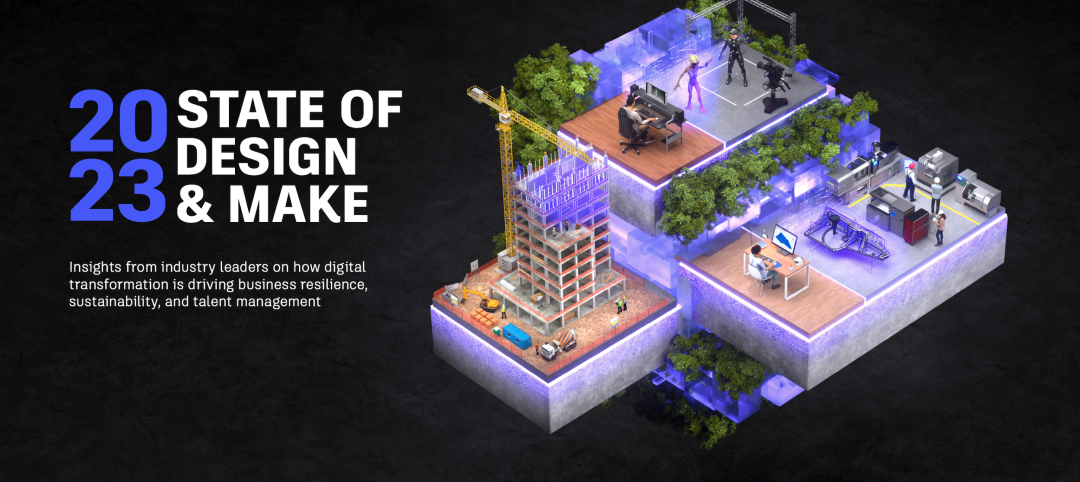If AI-driven machines can defeat the world’s greatest chess players and, even more improbable, the globe’s premier Go strategist, what chance does a college dropout have against machine learning technology? Slim to none, predicts one university research director.
Sudha Ram, a Professor of Management Information Systems and Director of the Center for Business Intelligence and Analytics with the University of Arizona, is leading a research project at UA that aims to prevent college dropouts from dropping out in the first place.
Ram’s efforts are nothing new for U.S. colleges and universities. Many schools use predictive analytics to help reduce freshman attrition rates. UA, for example, already tracks some 800 data points toward this effort. What makes Ram’s research unique are the types of data being collected and how those metrics are analyzed to more effectively identify at risk students.
The first several months of freshman year are the most harrowing for students. Colleges and universities know this. They also know that there are a number of early indicators for students who are most at risk for leaving after their first year. Most obvious are first-semester grades, financial aid activity, and students’ participation in course management systems. But even that information may come too late to make a difference. (Research suggests that most freshman make the decision to leave school within the first 12 weeks.)
Less evident but infinitely more powerful, says Ram, are social- and behavioral-related metrics such as shrinking social networks, fewer social interactions, and less-established routines.
Ram’s stockpile of student activity data comes from the university’s ID card tracking system, which collects information on everything from what students buy and eat to the buildings and spaces they frequent. Using large-scale network analysis and machine learning techniques to crunch three years worth of ID card usage data, Ram is able to piece together complex behavioral patterns for both student groups and individuals.
For example, if student A, on multiple occasions, uses her ID card at the same location and time as student B, it stands to reason there is social interaction between the two. When extrapolated over time, detailed behavioral and social patterns emerge.
By tracking changes to these patterns over time, Ram has been able to accurately predict freshmen dropouts at an 85-90% rate, up from the university’s current success rate of 73% using traditional metrics.
The findings show promise for the use of machine learning methodologies and big data analytics in the AEC industry and real estate sector. For example, a similar approach could be applied to commercial office buildings, to identify tenants that are most at-risk for not renewing their lease.
Related Stories
BIM and Information Technology | May 8, 2023
3 ways computational tools empower better decision-making
NBBJ explores three opportunities for the use of computational tools in urban planning projects.
Sustainability | May 1, 2023
Increased focus on sustainability is good for business and attracting employees
A recent study, 2023 State of Design & Make by software developer Autodesk, contains some interesting takeaways for the design and construction industry. Respondents to a survey of industry leaders from the architecture, engineering, construction, product design, manufacturing, and entertainment spheres strongly support the idea that improving their organization’s sustainability practices is good for business.
Sustainability | Apr 20, 2023
13 trends, technologies, and strategies to expect in 2023
Biophilic design, microgrids, and decarbonization—these are three of the trends, technologies, and strategies IMEG’s market and service leaders believe are poised to have a growing impact on the built environment.
Urban Planning | Apr 17, 2023
The future of the 20-minute city
Gensler's Stacey Olson breaks down the pros and cons of the "20-minute city," from equity concerns to data-driven design.
Intelligent Lighting | Feb 13, 2023
Exploring intelligent lighting usage in healthcare, commercial facilities
SSR's Todd Herrmann, PE, LEEP AP, explains intelligent lighting's potential use cases in healthcare facilities and more.
AEC Tech | Jan 27, 2023
Epic Games' latest foray into the AEC market and real estate industry
From architecture to real estate, the realm of computer-aided design hits new heights as more and more firms utilize the power of Epic Games’ Twinmotion and Unreal Engine.
AEC Tech | Jan 27, 2023
Key takeaways from Autodesk University 2022
Autodesk laid out its long-term vision to drive digital collaboration through cloud-based solutions and emphasized the importance of connecting people, processes and data.
Digital Twin | Nov 21, 2022
An inside look at the airport industry's plan to develop a digital twin guidebook
Zoë Fisher, AIA explores how design strategies are changing the way we deliver and design projects in the post-pandemic world.
BAS and Security | Oct 19, 2022
The biggest cybersecurity threats in commercial real estate, and how to mitigate them
Coleman Wolf, Senior Security Systems Consultant with global engineering firm ESD, outlines the top-three cybersecurity threats to commercial and institutional building owners and property managers, and offers advice on how to deter and defend against hackers.
Sponsored | BIM and Information Technology | Jul 19, 2022
Why Autodesk Tandem is the best fit for your projects

















